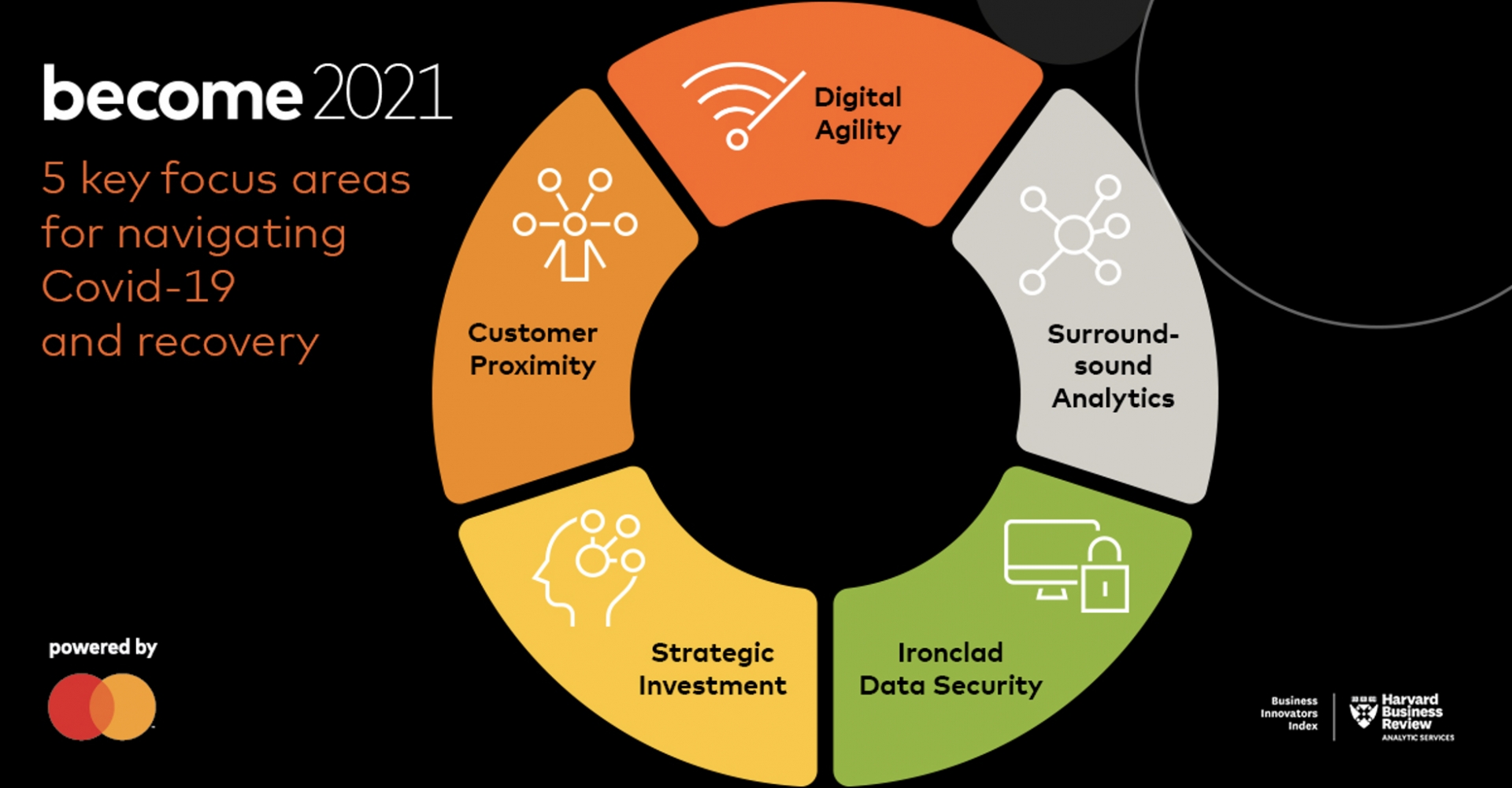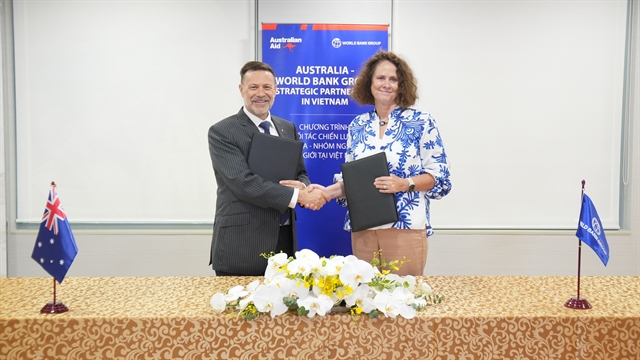Pandemic drives increased velocity of innovation
(VEN) - The increased demand for digital-first solutions and more customized experiences over the past year has led companies to place a greater emphasis on innovation. In the second edition of the Become Index sponsored by Mastercard and powered by the Harvard Business Review Analytic Services Business Innovators Index, 53% of executives say their organizations place a high priority on innovation. Close to half of businesses surveyed (42%) responded to the need by increasing innovation budgets. They developed new ways to keep workers safe and novel paths to connect with and cater to customers while safeguarding customers’ health and peace of mind.

Become surveyed more than 1,800 business leaders and more than 10,000 consumers around the world and across industries to identify the traits demonstrated by the most innovative companies: digital agility, surround-sound analytics, ironclad data security, strategic investing, customer proximity.
Alex Clemente - Harvard Business Review Analytic Services (HBR-AS) managing director says, “As the world continues to emerge from the pandemic’s long shadow, the pace and speed of innovation has brought on new opportunities, but also some challenges. Many organizations have proven they can be fast, agile, and emerge stronger to whatever awaits next, but there are some gaps in what businesses saw important and what consumers need during and after the pandemic. I believe business and society are now forced to redefine what it means to be innovative. And businesses everywhere should re-evaluate if the new-found velocity and pace of change can be sustained.”
To excel into the future, addressing today’s risks and consumer demands, the report suggests companies should focus on five key areas.

Firstly, build back with humanity. Research finds that 71% of consumers say they are more likely to buy from brands that reflect their values and provide excellent care for their customers and employees.
Secondly, break barriers to remote collaboration. 38% of executives cite working remotely as a challenge to future innovation and growth. A distributed set of teams not only presents barriers to collaboration - especially the informal teamwork that can blossom amid casual encounters - but also can keep people removed from tools and facilities that support innovation.
Thirdly, prioritize innovation investments. Despite the gains made in vaccines and therapeutics, one of the most common challenges to innovation is an uncertain economic outlook and potential loss of revenue. More than half of respondents (63%) cite uncertain economic outlook and nearly half (46%) cite revenue loss as challenges to innovation, thus making it harder to decide which innovation efforts to pursue and which to table.
Fourthly, companies should prevent a security and data privacy pandemic. It’s no doubt that trust and peace of mind are highly important, ranking third on the priority list behind health and safety, and convenience. Yet only 37% of organizations indicated they have recently or plan to soon invest in data privacy and cybersecurity management to improve the customer experience. Similarly, only 35% of survey respondents say recent investments in data privacy and security were made in response to the pandemic.
Fifthly, personalize customer proximity. More than a third (36%) of consumers are willing to share more personal information if it means a more immediate, personalized customer service experience. Being close to and truly understanding the customer’s needs can be supported through investments in predictive, data-driven, and real-time digital tools.
Michael Miebach - CEO at Mastercard says, “This report shows that people are demanding real action. The world has changed from the pandemic, and people have less patience for just talk. As we’ve seen in these findings, many businesses aren’t meeting that expectation and so will need to work harder to do so.”










